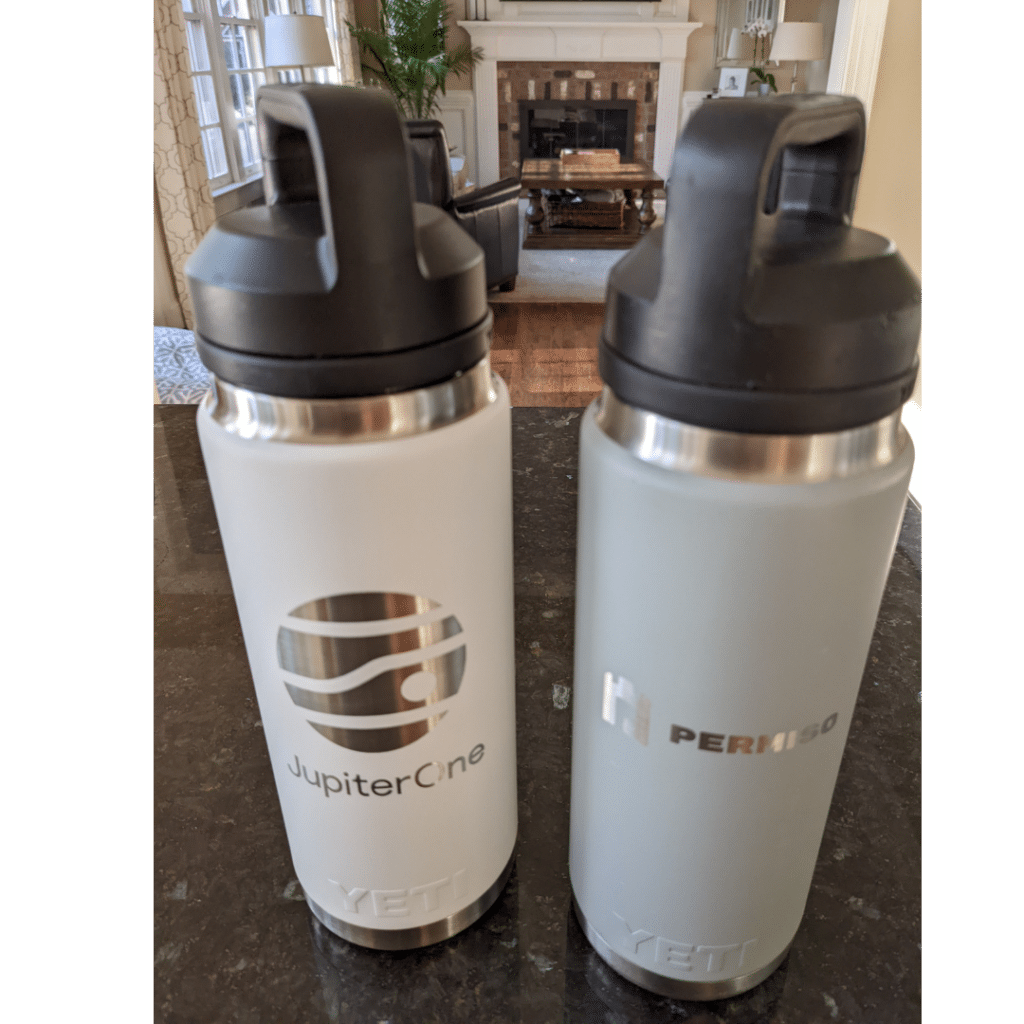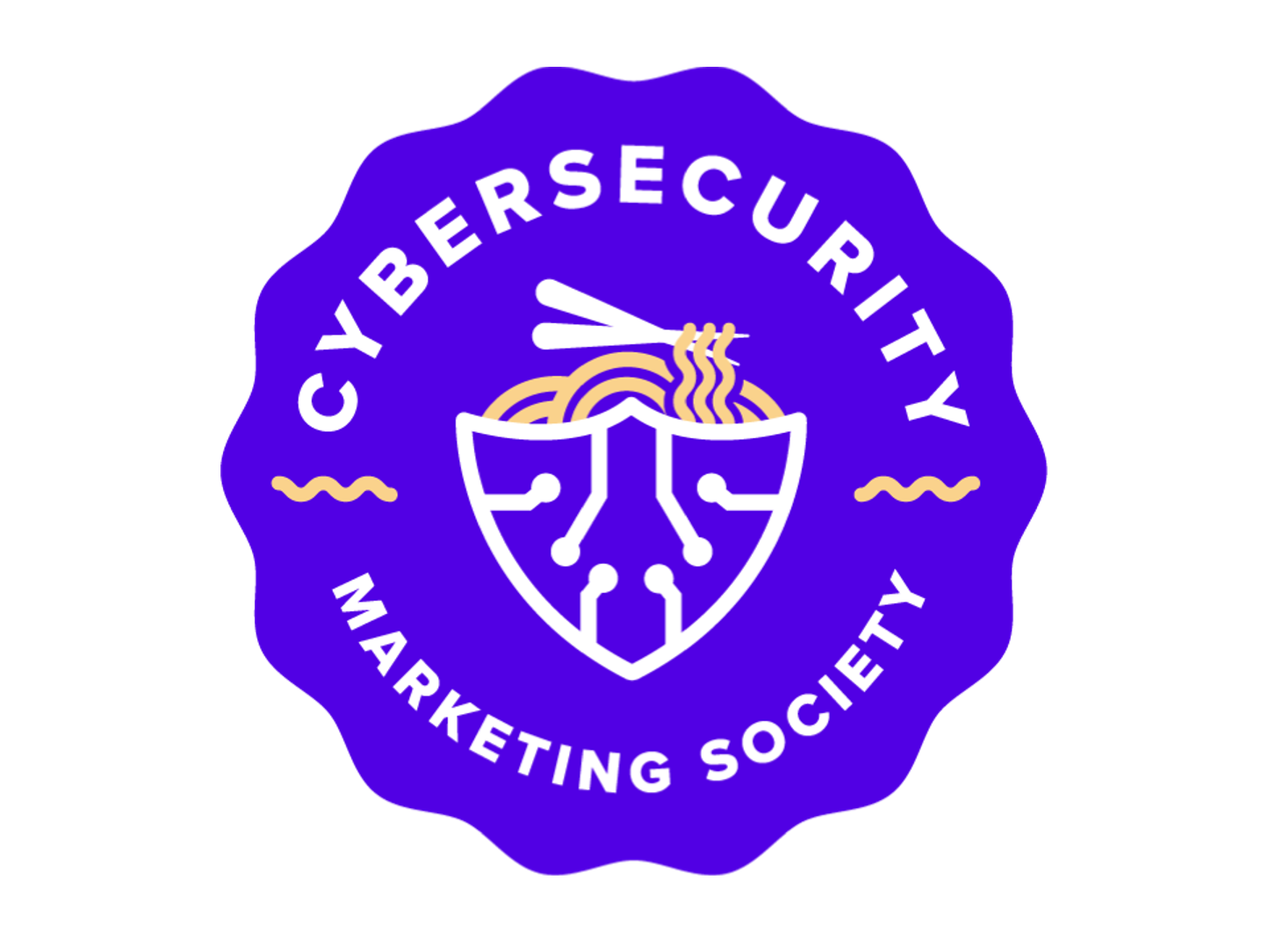We are so excited to welcome Tyler Shields, the CMO of Jupiter One, as our first guest on the “Breaking Through in Cybersecurity Marketing” podcast (Apple Podcasts, Spotify, Hacker Valley Media)! He eloquently discussed his process in building successful marketing teams remotely, despite being a self-described accidental – and even reluctant – CMO.
Successful marketing teams are not built overnight. Tyler shared how trust, culture, and communities are significant in his process.
(Yeti photos reference in the show at the bottom of this blog).
Tyler’s Philosophies on Marketing
Tyler emphasized that there’s no playbook to follow in building businesses. Over the years, this process has helped him succeed:
- Build the engine of execution: Knowing the company’s current marketing metrics will provide context for the next strategy. From there, build an engine that will automate marketing to get the word out about what your company does.
- Find out what’s closing the deals: Understand how the engine matches your current go-to-market model, which focuses on long-term strategies that are driven by the company. Evaluate your current go-to market practices’ impact on the measurements.
- Nurture what’s working: Integrate that data back into the marketing engine as the company starts getting MQLs and closed deals.
Following these steps will not guarantee a fixed marketing system by the end of the quarter as these take time. But it will help the marketing team – and the company – succeed in the long run.
Hiring & Culture in the Remote Work World
In Tyler’s experiences, he was usually the first marketing hire at the company. As a result, he learned to hire a right hand to help execute.
When hiring, the biggest criterion is to choose someone who gets shit done. This person doesn’t have to be perfect, but they should have the willingness to learn.
With remote work, communication is number one in ensuring successful execution.
Communication
Tyler shared how he tends to over-communicate with his team as he builds rapport and a high level of trust. By operating like an open book, he makes sure that people can ask any questions.
Culture
Who builds the culture of the team? Culture should be built by leaders, who will pass it down to everyone. As the company scales, the culture should stay intact even when the leaders become less visible. This is done by being publicly overt about the culture and identifying gaps.
As the company grows, you need to ensure that only employees who embody the culture are recruited and retained.
Building a Product-Led Community for Cybersecurity Folks
Building a community is a multi-year process. First and foremost, realistic timelines need to be set and then constantly communicated to leaders to help manage expectations.
Community building starts with building a foundation that will allow the product-led community to grow into a global community. To build the foundation, you will need to determine what are success metrics and then measure them. These measurements will help understand the efficacy of what happens in the community or to the community.
Secondary areas, such as community-only digital events targeted towards the community, will also help build up the community as influencers and champions share these externally. Sending swag to influencers and allowing these influencers to join conferences can allow for further growth of the community.
Listen to all of Tyler’s tips for building a product-led community on the podcast!
Build your Culture and Community Today
Tyler’s genuine interest in people is what makes him effective and successful in building a culture of trust and communication, even without interacting face to face. As a result, his team and the JupiterOne community have the tools they need to flourish.
His insights are a great source of wisdom that cybersecurity marketers can use today. Listen to the full episode on Apple Podcasts, Spotify, Hacker Valley Media, or wherever you get your podcasts!
Here’s the Yeti tumblers that Tyler said were his favorite swag items!

